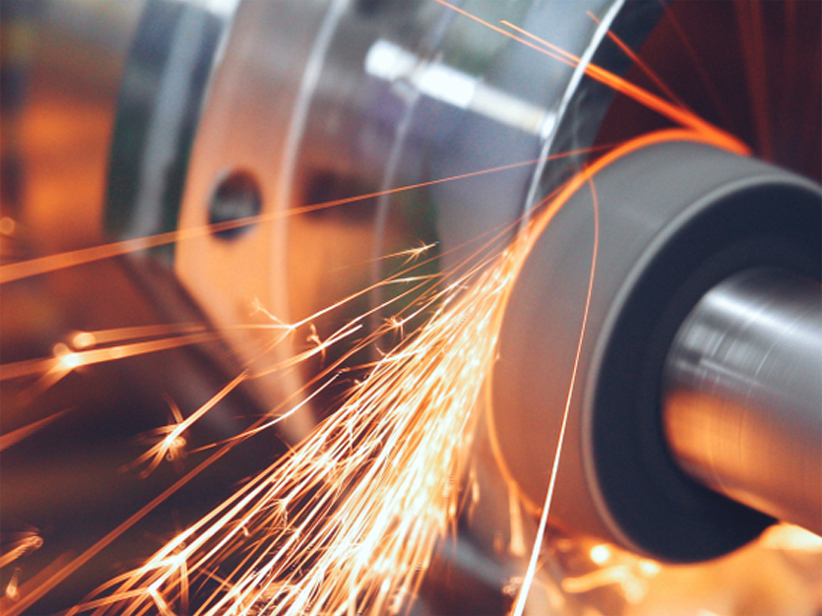Different Types of Stainless Steel Wires and Their Uses
Stainless steel wire is the preferred wire in the market for obvious reasons. The alloy has a lot of utility, making it ideal for making kitchen utensils, cookware, and surgical tools and for construction work. In addition, stainless steel wires are corrosion-resistant and highly tensile, making them applicable for a wide variety of uses.
Industries have shifted from using galvanized wires to stainless steel wires for the added benefits they provide. Let us guide you through the various types of stainless steel wires available in the market, touching on their usefulness in the following article.
Spring wire exhibits the high tensile strength that the alloy provides, which is excellent for use in automobiles. In addition, it comes with a soap coating which adds more resistance to the wire against temperatures making it useful in the wire drawing industry. When required, a nickel coating is also applied to boost the lubrication and the overall lifespan of the wire. Nickel also provides greater corrosion resistance which enhances its functionality and versatility. Spring wires offer a highly consistent result with high elasticity and less fatigue, making them ideal for usage in an aircraft.
Cold heading wires are crafted by passing them through a mold to shape them without needing heat. This type of wear is in high demand in the industrial sector due to its cold-heading application, which is ideal for producing bolts and nuts. In contrast, the cold heading wire might seem malleable, yet it retains ductility and endurance, making it versatile for manufacturing fasteners, tie rods, and more.
Cold heading wires are crafted to be industrial grade; hence it has low magnetism and high corrosion resistance. As a result, the tensile strength of the wires remains stable for a prolonged period, which is essential for critical industrial projects. Depending on the needs, it can also be coated with copper, nickel, and other metals.
There is a high demand for the cold heading wire process as the end result is extremely flexible. In addition, it generally reduces the cost of production and offers a higher yield which is certainly advantageous.
A free-cutting wire has a lot of uses and machinability, which makes it a popular choice. Its machine application is greatly enhanced as it contains elements such as sulfur, tellurium, lead, and more. In addition, these wires are made with precision which gives them a consistent surface smoothness. Free-cutting wires have impressive surface hardness and rigidity which gives them an edge over other metal wires. The application of free-cutting wire could be seen in the making printers, refrigerators, ballpoint pens, vending machines, and more.
Roping wire is yet another stainless steel wire with much usage and demand. Roped wires are made uniformly to have the same diameters and tensile strength for each one of them. In addition, these wires are corrosion resistant, making it a sustainable option. Roping wires are highly flexible and can be either magnetic or non-magnetic, depending on their usage. The most common usage of rope wires is in cranes and elevators, where heavy weights are lifted.
Here at Venuswire, we manufacture all types of stainless steel wire in various sizes. Our wires are industrial-grade to provide the customer with the consistency and reliability they deserve.
Also Read : What Are The Steel Bars Applications And Uses?







